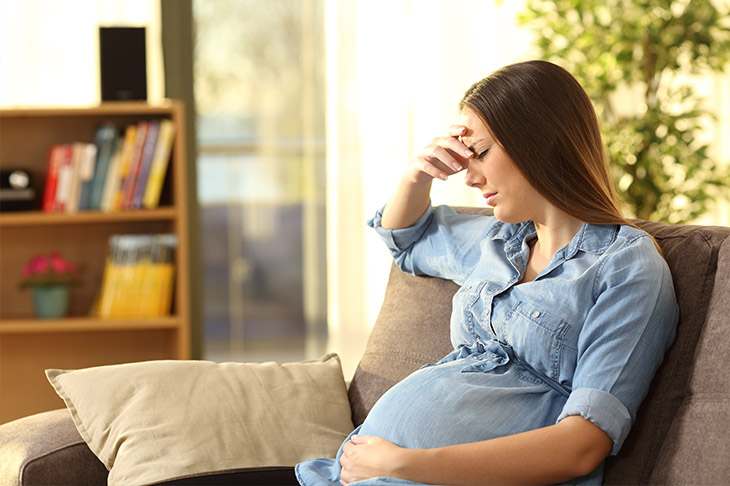What is Group B Strep?
Group B Strep is bacteria that are often found in the intestine, vagina or rectal area. It is not a sexually transmitted disease (STD). About 1 in 5 women have the bacteria in their bodies but they do not feel sick or have any symptoms.
A woman may test positive at times and not at others. Group B Strep is different from the type of strep that causes strep throat, but they are in the same family.
There is no vaccine to prevent Group B Strep at present.
Why is Group B Strep of concern?
This type of strep can cause illness in newborn babies. Although most women with Group B Strep will not pass on the infection to the baby, it may be transmitted during delivery. It is a cause of sepsis (blood infection) and meningitis (infection of the fluid and lining of the brain) in newborns.
How do I know if I have Group B Strep?
All women should be tested for Group B Strep between 35-36 weeks of pregnancy (unless they had Group B strep in the urine this pregnancy or a prior baby infected with Group B strep in which case you will be treated in labor with antibiotics). A cotton swab is used to collect samples from the vagina and rectum. It is sent to the Lab for testing.
What happens if my test is positive for Group B strep?
Women who test positive will be given antibiotics through a tube in a vein. This is done at the time her water breaks or when labor begins. It does not help to receive antibiotics before the onset of labor or rupture of membranes. The antibiotics given in labor will reduce the amount of bacteria and help protect your baby from an infection.



